What Our Students Say
Did you know!
- All of our labs are being fully refurbished just for this course!
- You will practise advanced practical techniques not used in our other science courses
- This course is designed to give you a CV full of skills, knowledge and experience to take that first step into a career in laboratory science.
Course Information
Introduction
Combine developing your scientific knowledge alongside a work placement with one of our industry partners in a scientific laboratory, including the pharmaceutical industry and the NHS.
This course is equivalent to three A Levels so can take you on to either University, an apprenticeship or employment.
More about STEMOverview
This is a new generation of qualifications that offer an attractive,
technical alternative to studying three different A Levels.
This exciting two-year course has been designed with employers to provide you
with the knowledge and skills needed to work within the science sector. The T
Level has a mixture of technical knowledge and industry work placement to
provide you with the skills and experience you need to start your science
career.
This is a great opportunity for you to work alongside professionals, become
part of a team and develop your skills to put the theory you learn into
practice.
Who is this course for?
People who are seeking a more hands-on route into a science profession or university course.
Course units/modules
The T Level is split into three main sections:
- Technical Qualification (TQ) is the main classroom-based element. Students will learn about their chosen sectors through a curriculum designed by employers and developed by an awarding organisation (AO).
Core knowledge: This will be assessed via 2 written examinations
Section A units:
1. Working in the Health and Science Sector
2. The science Sector
3. Health, safety and environmental practices in the workplace.
4. Application of safety, health and environmental practices in the workplace.
5. Managing information and data within the health and science workplace.
6. Data handling and processing
7. Ethics
8. Good scientific and clinical practice
9. Scientific methodology
10. Experimental equipment and techniques
Section B units:
1. Core science concepts
2. Further science concepts
- Occupational specialism (Lab sciences): will include a series of classroom based projects, practicals and assignments to demonstrate your knowledge and skills. These will be focussed on topics more specific to laboratory science than topics covered in the Core knowledge section.
Objectives:
1. Perform a range of appropriate scientific techniques to collect experimental data in a lab setting, complying with regulations and requirements.
2. Plan, review, implement and suggest improvements to scientific tasks relevant to a laboratory setting.
3. Identify and resolve issues with scientific equipment or data errors.
- Employer led project: A project set by your work-placement employer. This must be completed to pass the core knowledge component of the course.
- Industry placement runs for a minimum of 315 hours (45 days) overall and will give students practical insight into their sector and an opportunity to embed the knowledge and skills learned in the classroom.
- English, maths and digital provision are also built into the classroom-based element of the T Level, meaning students will be given a solid foundation of transferable skills.
To achieve this qualification, the student must successfully demonstrate their achievement of the Core Component and one Occupational Specialism Component.
Core Component - This is externally assessed. Graded A*- E
Industry Specialism - This is a coursework-based unit graded: Pass/Merit/Distinction. It will also include a final project in the second year in which you work alongside your employer for your industry placement.
Benefits and skills
Benefits of this programme include:
- Gain essential knowledge and skills to work in science
- Learn how the science industry works
- Develop core scientific concepts and key regulations - managing information, health and safety, and good scientific/clinical practice
Entry requirements
Grade 5s in English, Maths and Science at GCSE
Available Apprenticeships and Progression options
- Ideal for those seeking a career in a lab-based setting.
- This can also be used to progress to a university course, with 168 UCAS points available.
Assessment types
Learners will complete a portfolio of assignments throughout the course.The overall grade is subject to completion/achievement of all T Level requirements – not just the components of the technical qualification (TQ). T Level grades are calculated from students’ grades achieved for the Technical Qualification Core and Occupational Specialism components.
As well as passing the relevant technical qualification, the following elements are required to achieve an overall T Level grade:
- Industry placement - this will be arranged and verified by the provider offering the T Level. For more guidance on next steps for providers visit GOV.UK
- One of the following: GCSE grade 9 to 4; a Functional Skills Level 2 pass in English and maths; another equivalent qualification - this will be verified by the provider offering the T Level.
Please note that for all courses starting on 9th September, there will be an induction week, WC 2nd September.



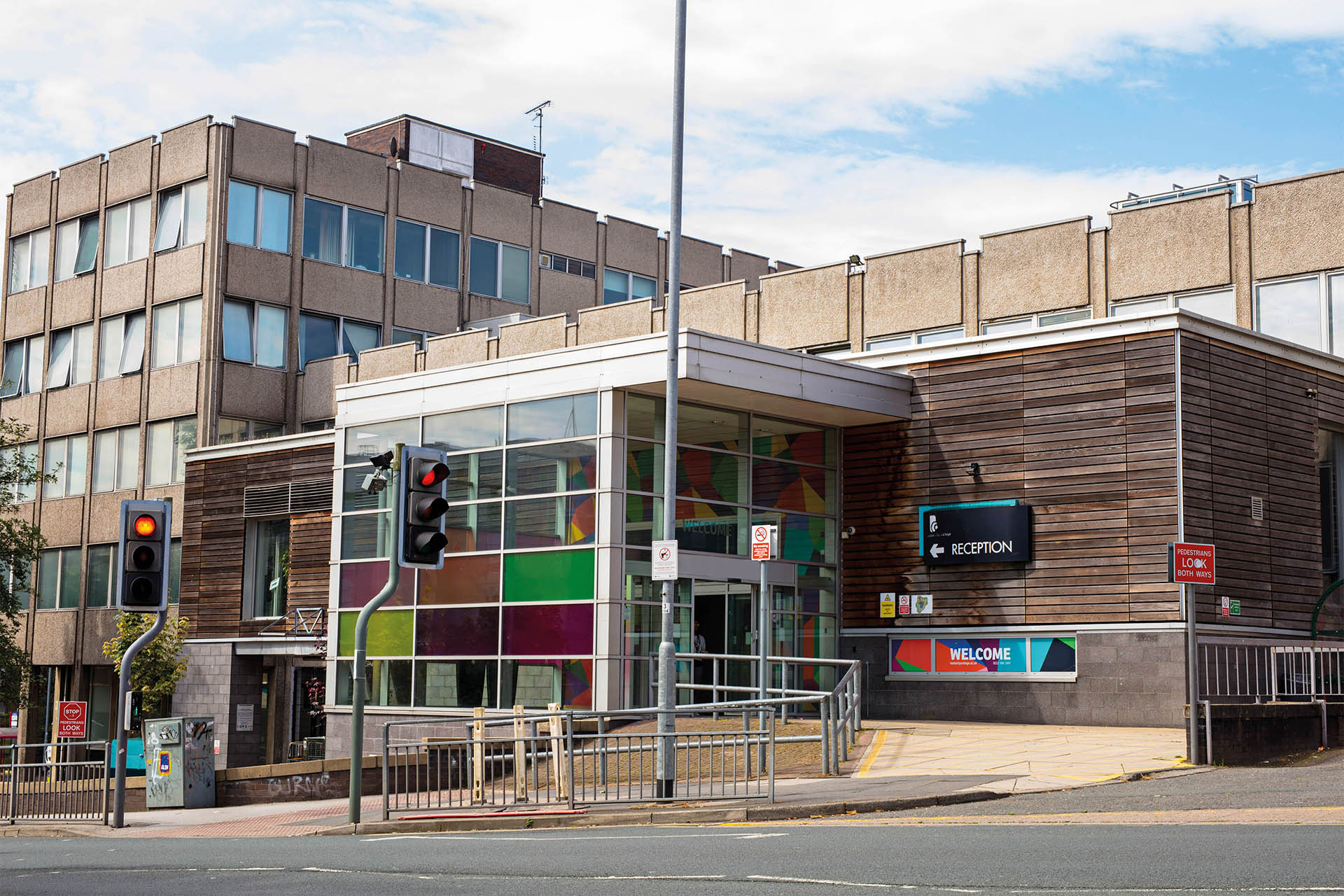
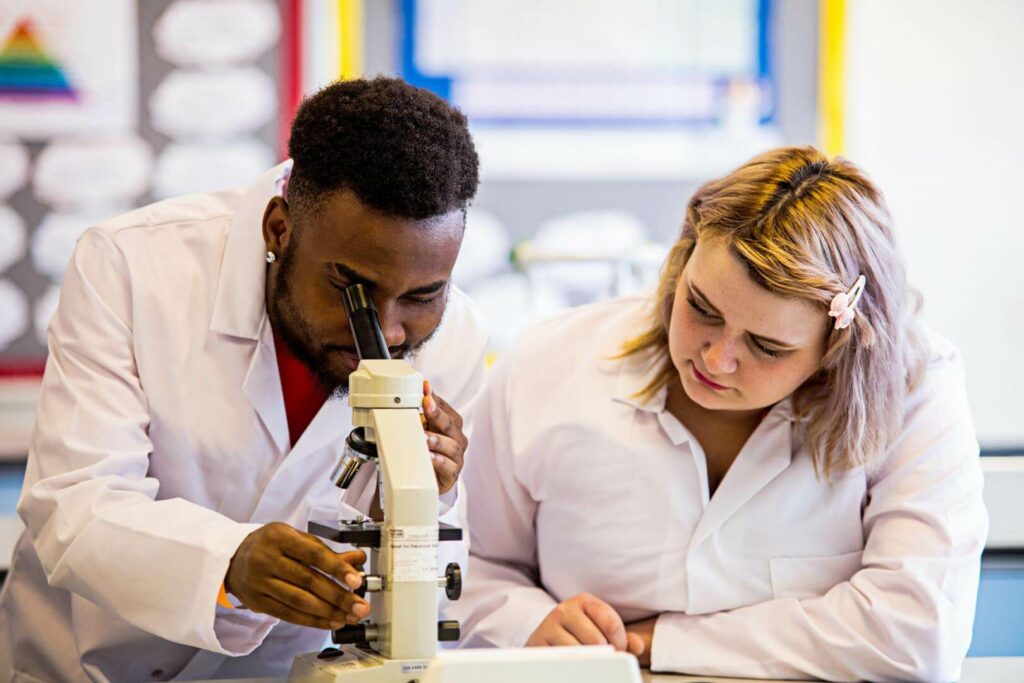
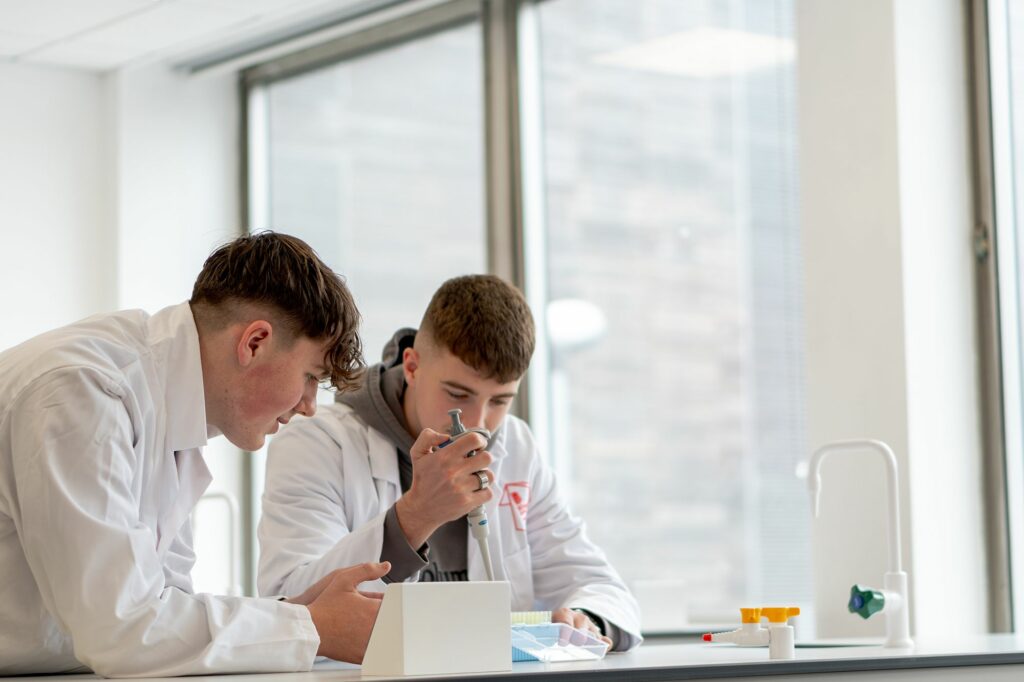
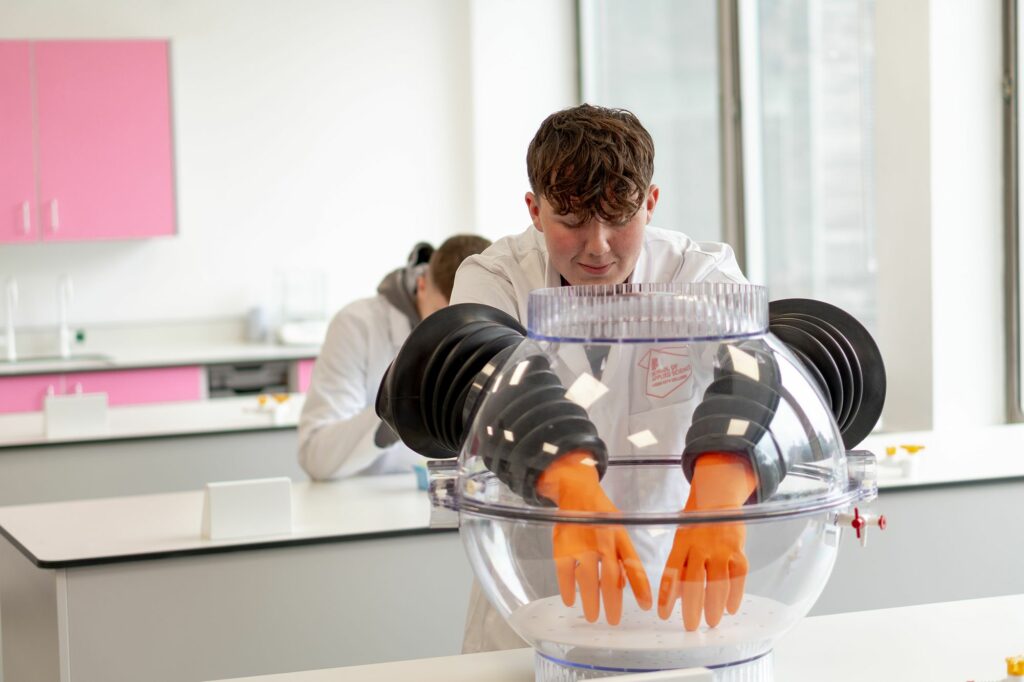
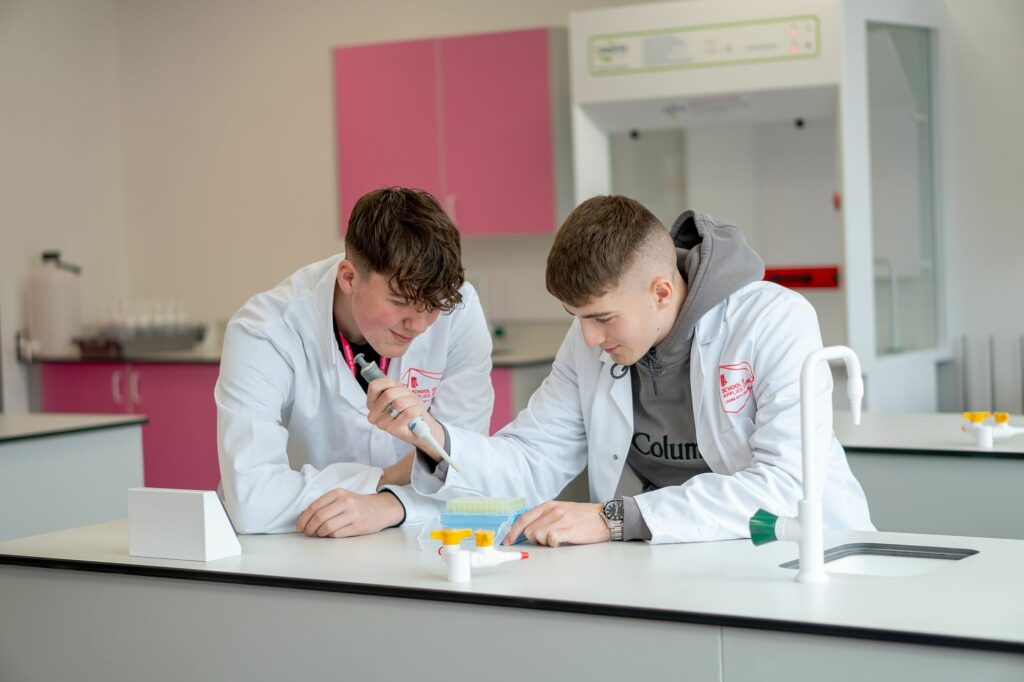
Follow us on Social Media